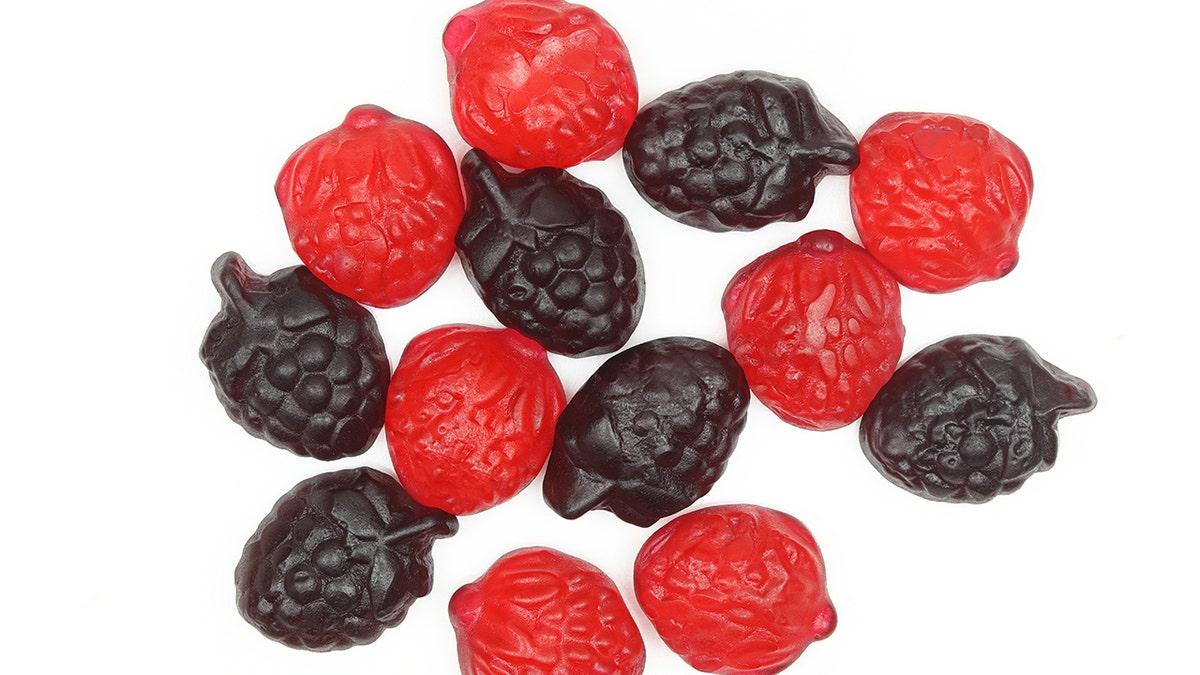Popular snack brand makes big change to favorite product amid ‘natural source’ ingredients push

NEWYou can now listen to Fox News articles!
A food and beverage company will be making a major ingredient change to one of its most beloved snacks.
And the fix comes just ahead of this year’s back-to-school season.
Welch’s, headquartered in Waltham, Massachusetts, announced this week it will remove artificial dyes from its fruit snacks.
The ingredients will be replaced with colors that come from “natural sources,” according to a Welch’s news release.
POPULAR RAINBOW CANDY JUST GOT A MAJOR INGREDIENT CHANGE AS SKITTLES DROPS ADDITIVE
The rollout involves three flavor packs: Mixed Fruit, Berries ‘n Cherries and Fruit Punch.
Fox News Digital reached out to the maker of the snacks, PIM Brands, for comment.
“This marks an important milestone in Welch’s Fruit Snacks’ commitment to exclusively use colors from natural sources in all products across the portfolio by early 2026,” according to the release.
Jason Levine, PIM Brands chief marketing officer, said consumers and their families are always the top priority.
“The move to colors from natural sources began over a decade ago and is already reflected in products launched since 2018,” Levine said in the release.

“Just in time for back-to-school, we’re proud to begin rolling out our best-selling flavors made without artificial dyes and without compromising on the things we know people love about Welch’s Fruit Snacks: real fruit and great taste.”
For more Lifestyle articles, visit foxnews.com/lifestyle
Welch’s Mixed Fruit Snacks currently contain natural and artificial flavors: annatto (color), turmeric (color), Red 40 and Blue 1.

The U.S. Department of Health and Human Services (HHS) announced in April that it will be working with industry leaders to eliminate synthetic dyes from the food supply by the end of next year.
Among the dyes HHS is looking to get rid of are Red 40 and Blue 1.
Red 40 has been associated with increasing hyperactivity, possibly irritability, and more susceptibility to children, according to WebMD.

Children diagnosed with Attention-Deficit/Hyperactivity Disorder (ADHD) also tend to be more sensitive to such additives, per WebMD.
Read the full article here









